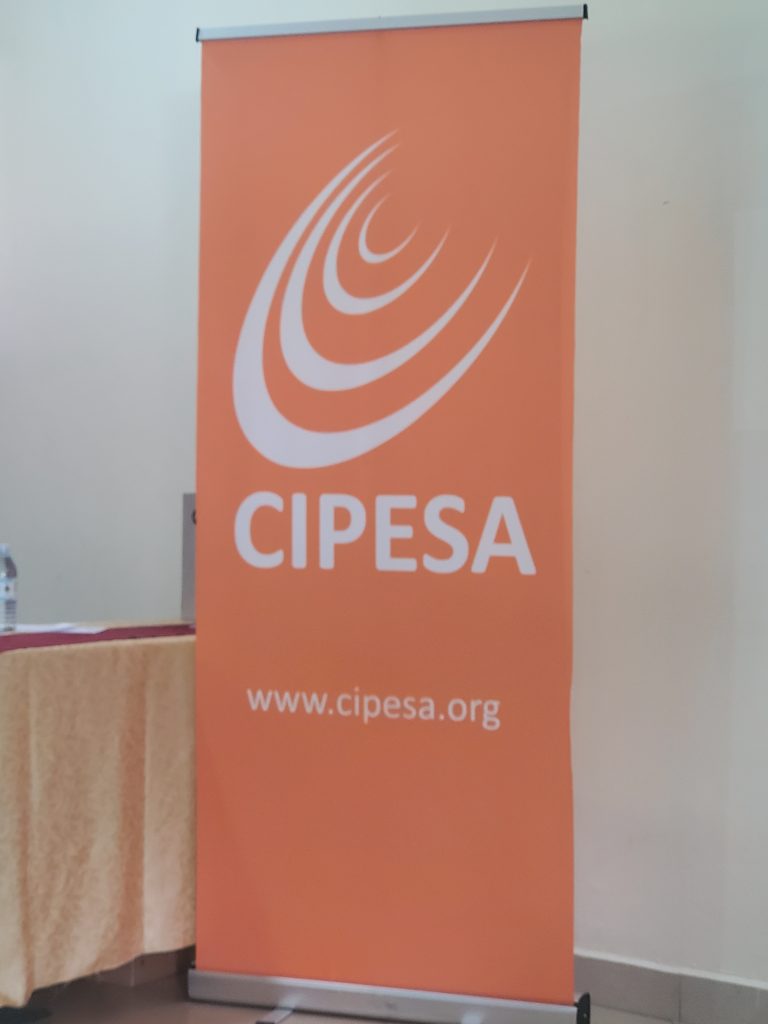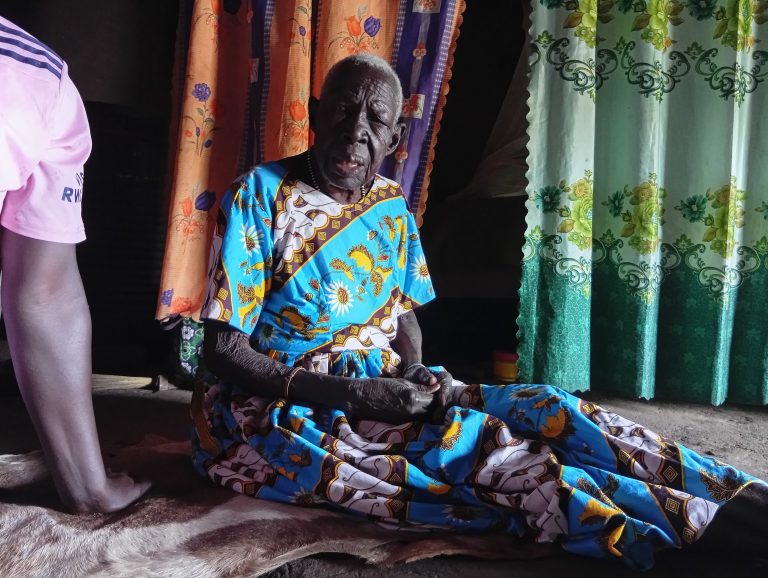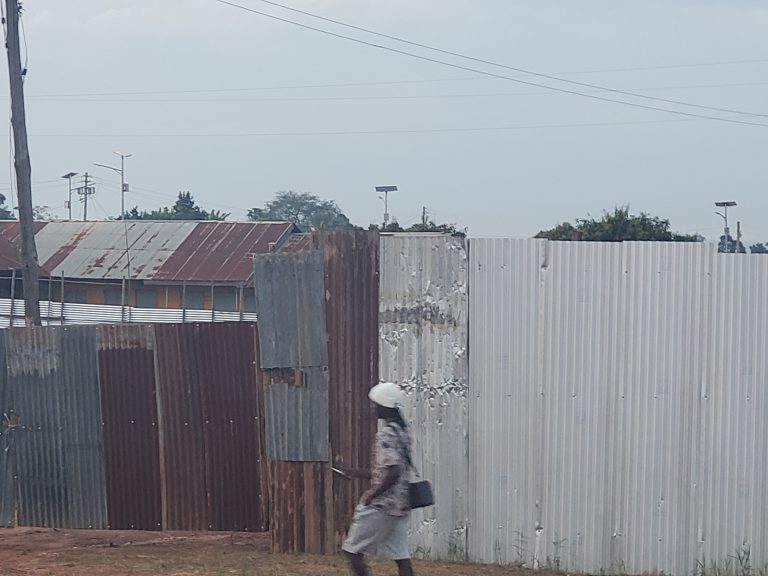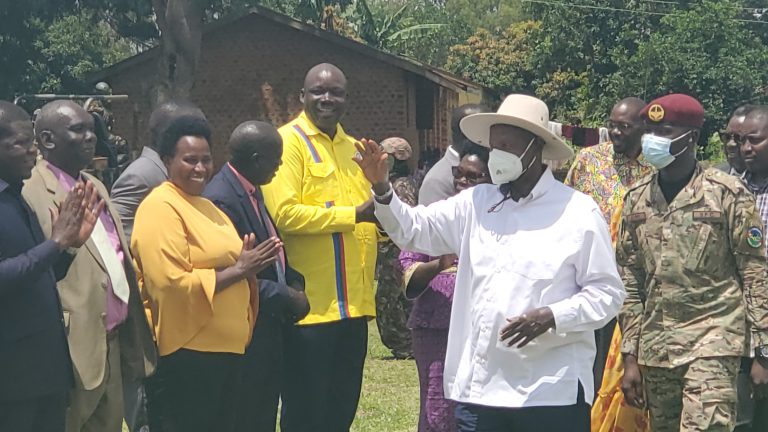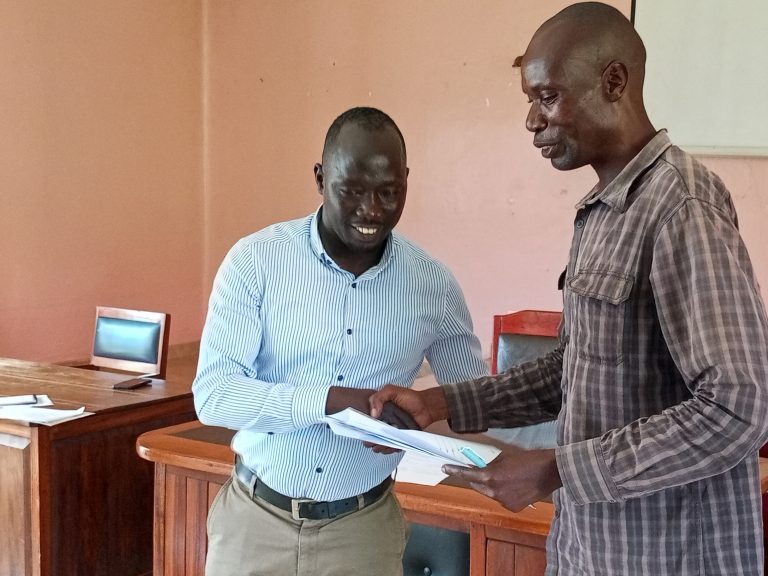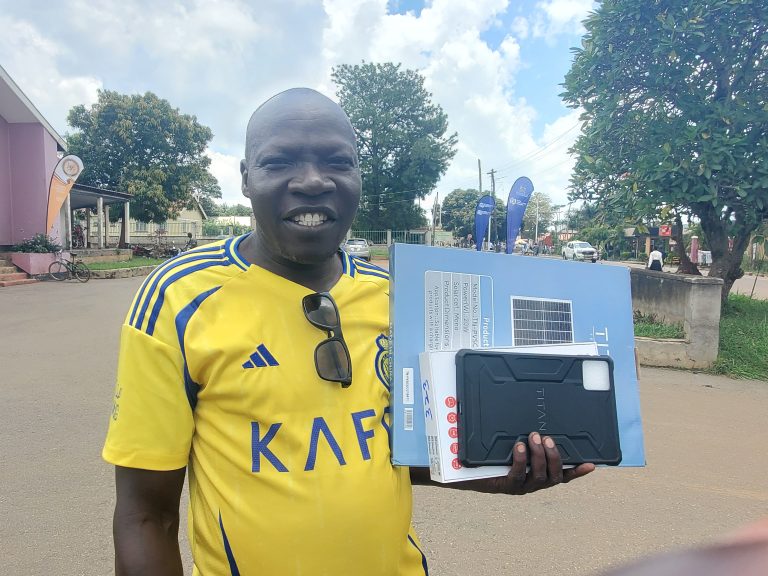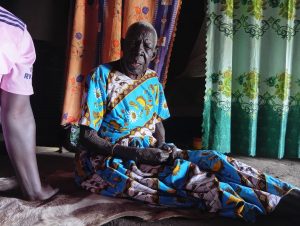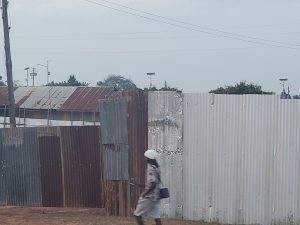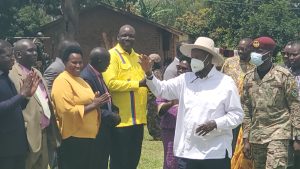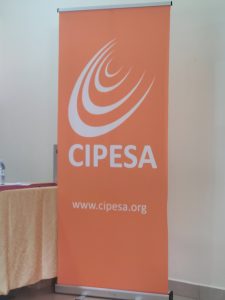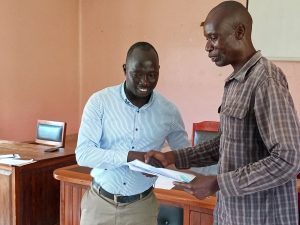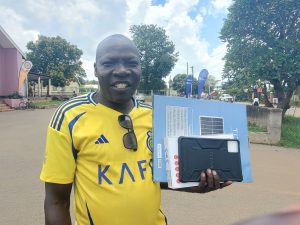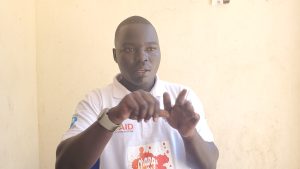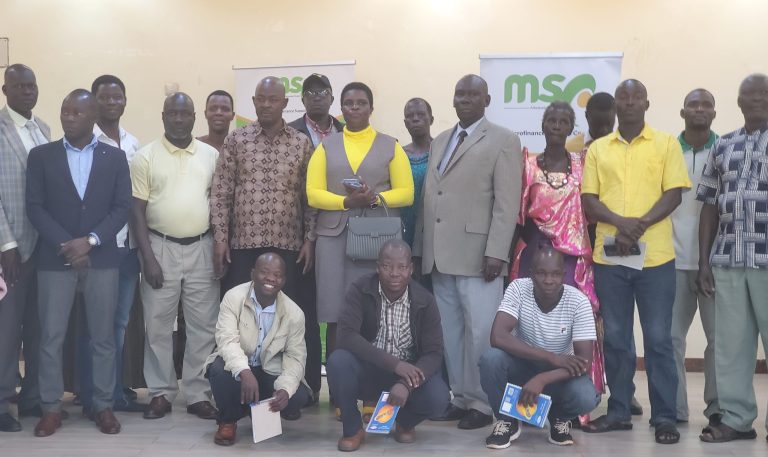Through this project, CIPESA aims to strengthen the safety, digital resilience, and editorial integrity of journalists and media houses across the country, particularly those working in high-risk or underserved regions.
By Willy Chowoo
Gulu City-As Uganda moves closer to the 2026 general elections, the Collaboration on International ICT Policy for East and Southern Africa (CIPESA) has launched an initiative to strengthen journalists’ capacity to counter disinformation and promote credible reporting during the electoral periods.
This training is under the theme “Strengthening the Media Sector and Building Resilience to Election-Related Mis/Disinformation in Uganda”, is jointly implemented by CIPESA and BBC Media Action.
During a two-day training held in Gulu City for journalists from Acholi sub region, Edwin Wanyama, the Program Officer for Legal at CIPESA, emphasised the need for journalists to play a more active role in combating the growing wave of false information and hate speech that often emerges during election cycles.
“Journalists are key players in the information sector. They inform the public, they shape perceptions, and they play a critical role in promoting transparency. However, they must guard against disinformation, misinformation, false news, and hate speech,” said Wanyama.
This initiative comes at a crucial time as Uganda prepares for the 2026 General Elections. The media plays a vital role in shaping public discourse, countering misinformation and disinformation, and safeguarding democratic values. Through this project, CIPESA aims to strengthen the safety, digital resilience, and editorial integrity of journalists and media houses across the country, particularly those working in high-risk or underserved regions.
The training focused on three key areas: digital safety, legal compliance, and ethical election reporting. Participants were taken through relevant laws and regulations, such as the Parliamentary Elections Act and the Presidential Elections Act, which guide media conduct during campaigns and voting processes.
“We have covered the diversity of laws that provide for how election processes should be conducted and what role journalists can play to ensure credible coverage,” Wanyama added.
Voice 1: Mr. Wanyama explains more about the training.
The sessions also emphasised digital security, teaching journalists how to safeguard their gadgets, online identities, and data, especially in a time when social media manipulation and cyber threats can compromise reporting integrity.
Journalists who participated in the training expressed commitment to applying the new digital safety and fact-checking skills they learned to protect themselves and their work online during the upcoming election period.
Voice 2: Journalists who participated in the training expressed commitment to applying the new digital safety and fact-checking skills
Wanyama noted that across the African continent, journalists often fall victim to spreading unverified information, either due to limited access to credible sources or the rush to break news first. This, he warned, has far-reaching consequences on public trust and social stability.
“We have seen cases where journalists share information without verifying or fact-checking, and it turns out to be false. Citizens then get misled and find it difficult to distinguish truth from lies,” he observed.
Voice 3: Mr. Wanyam shares about the need for debunking the spread of disinformation.
The Gulu training is part of a broader national campaign by CIPESA to equip journalists across Uganda with the tools and knowledge to detect, verify, and report truthfully. The program will next move to the western region, covering Kigezi and Mbarara, and later to the central region, which includes Buganda.
Voice4: The participants also say they feel prepared to fight the spread of electoral disinformation in Society, especially during the campaign periods in Uganda.
Wanyama said the ultimate goal is to build a network of responsible journalists who can help create an informed electorate and safeguard democracy through ethical, evidence-based reporting.
“Our aim is to ensure that journalists report accurately and responsibly, especially during elections when the public depends most on them for credible information,” he concluded.

